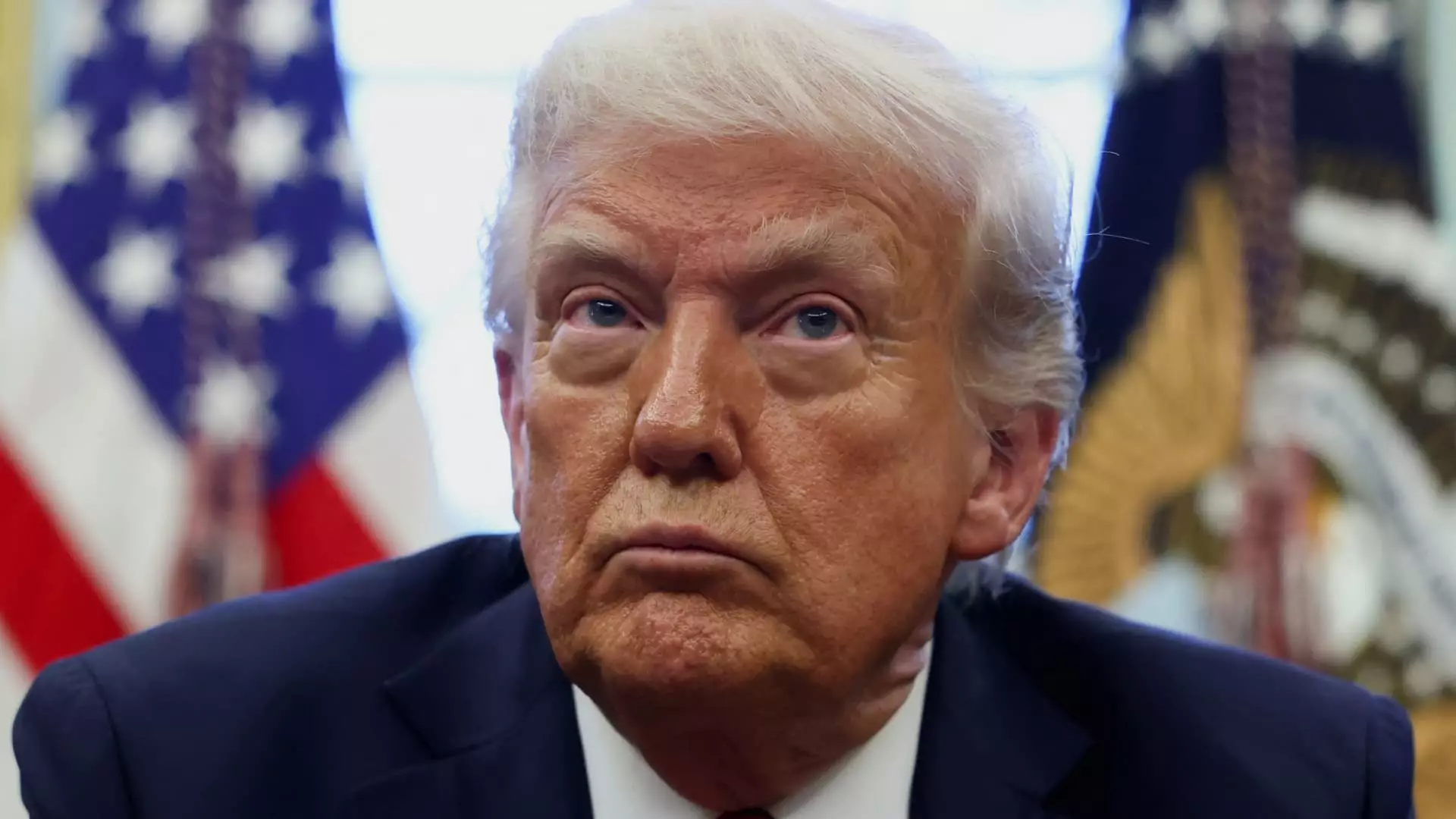In a brazen move that threatens the fundamental rights of federal employees, President Donald Trump recently announced a sweeping reclassification of tens of thousands of government workers. This decision, laden with implications for job security and civil service integrity, epitomizes a radical attempt to reshape public employment by reflecting corporate governance principles—principles that often prioritize efficiency and financial gain over employee rights and job stability.
With his announcement on social media, Trump redefined career civil servants who engage in policy as “schedule policy/career” employees. This change, sparking backlash from labor advocates and governance experts alike, is poised to strip vast segments of the federal workforce of protections that allow them to perform their duties without the constant fear of political retaliation or arbitrary dismissal. In his quest to run the government as a business, Trump is laying the groundwork for a system that could categorize nearly every federal employee as an “at-will” worker, dramatically expanding the pool of individuals susceptible to mass layoffs.
Redefining the Workforce
Critics of this initiative, like Don Moynihan from the Ford School of Public Policy, have stressed that such a broad reclassification could lead to the firings of hundreds of thousands of federal workers. The ramifications of this move extend beyond the immediate job losses; they fundamentally undermine the very nature of what it means to serve in public office. The government’s role as an impartial entity is at stake, and transforming it into a corporate-like entity lays the groundwork for a politicized workforce that operates under the whims of those in power.
The specter of previous efforts, particularly the controversial Schedule F set in motion towards the end of Trump’s first term, is also hauntingly present. Although President Biden revoked that order, the current trajectory mirrors past efforts that sought to delegitimize federal employees and dismantle the merit-based hiring system that has characterized public service. Such a system ensures that jobs within the government are filled based on qualifications rather than partisan affiliations—a principle Trump’s administration appears to be dismantling systematically in the name of efficiency.
The Implications for Governance
Moreover, the broader agenda promoted by Trump’s administration and tech mogul Elon Musk’s Department of Government Efficiency positions itself against the backdrop of accusations of bloat and inefficiency within the federal workforce. While calls for reform are not without merit, hastily attacking the integrity of public servants and seeking to decimate their ranks often results in the loss of institutional knowledge and expertise vital for effective governance. The consequence is a government less able to serve its citizens well, unable to respond adequately in times of crisis.
As union leaders like Everett Kelley have pointed out, these sweeping changes not only politicize the work done by dedicated civil servants but also erode the foundation of trust between the public and their government. By prioritizing an arbitrary and financially driven approach to governance, the Trump administration risks not just the livelihoods of workers but also the very efficacy and fairness of the democratic system. The implications are sobering: when the government is run like a corporation, the public often pays the price.


Leave a Reply